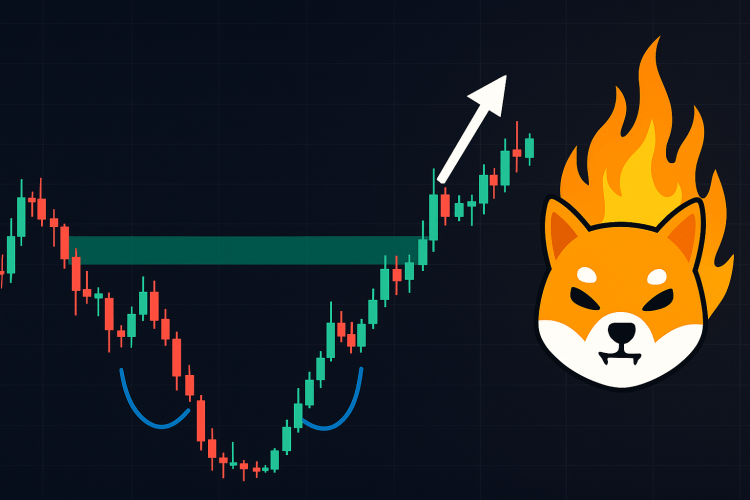Crypto ETF Market Dynamics: Bitcoin Surges, Ether Cools
Note: This post may contain affiliate links, and we may earn a commission (with No additional cost for you) if you make a purchase via our link. See our disclosure for more info. The crypto world is constantly changing. This content is for informational purposes only and not financial, legal, or professional advice So, please verify the info on the cryptocurrency provider’s websites.
Spot Bitcoin Exchange Traded Funds (ETFs) recently experienced a significant resurgence, attracting $446 million in weekly inflows. This robust performance signals a renewed and strengthening institutional confidence in Bitcoin as a legitimate asset class within traditional finance. In stark contrast, Ether funds faced a second consecutive week of outflows, indicating a potential cooling of demand or a shift in investor sentiment towards the second-largest cryptocurrency.
Spot Bitcoin ETFs are financial products designed to track the real-time market price of Bitcoin, allowing investors to gain exposure to the cryptocurrency without the complexities of direct ownership, such as setting up digital wallets or managing private keys. Key features include their listing and trading on regulated stock exchanges, offering enhanced liquidity and accessibility compared to direct crypto trading platforms. The primary benefits for investors, especially institutions and traditional retail, include simplified investment processes, elimination of self-custody risks, and the ability to integrate crypto exposure into existing, regulated brokerage and retirement accounts. This structure provides a familiar and secure gateway for traditional capital to enter the digital asset space.
The target audience for these products spans a wide spectrum, from institutional investors like hedge funds and asset managers seeking regulated crypto allocations, to financial advisors looking to diversify client portfolios, and retail investors seeking a less technical approach to cryptocurrency investment. From a structural perspective, these ETFs operate by holding actual Bitcoin in secure cold storage, managed by a custodian. Their value is directly derived from the spot market price of the underlying asset, with mechanisms involving authorized participants ensuring the ETF's market price closely aligns with its Net Asset Value (NAV). The regulatory approval for Bitcoin ETFs, particularly in the U.S., marks a significant technical milestone, integrating cryptocurrency more deeply into the traditional financial ecosystem, a path Ether ETFs are still navigating.










